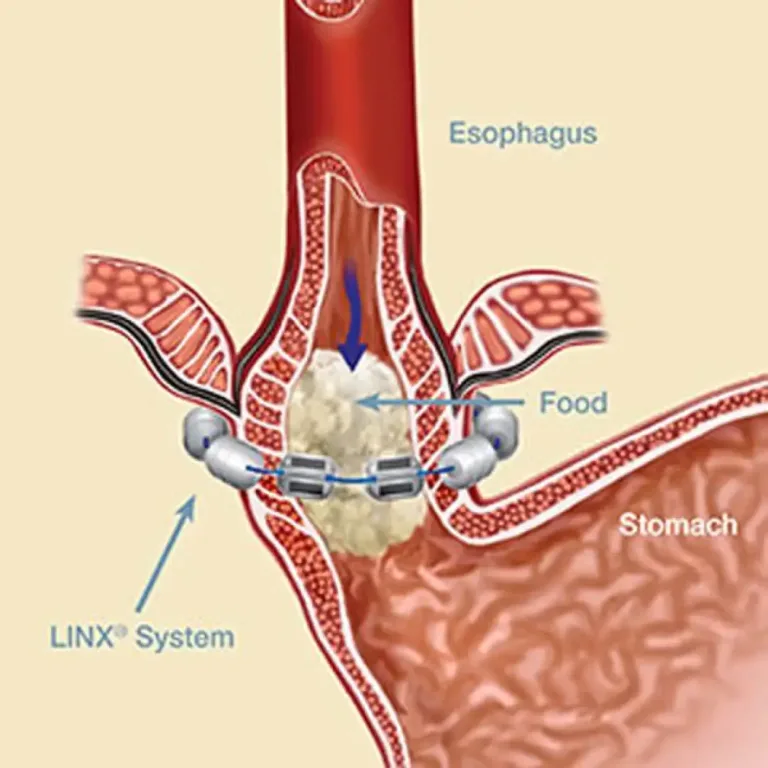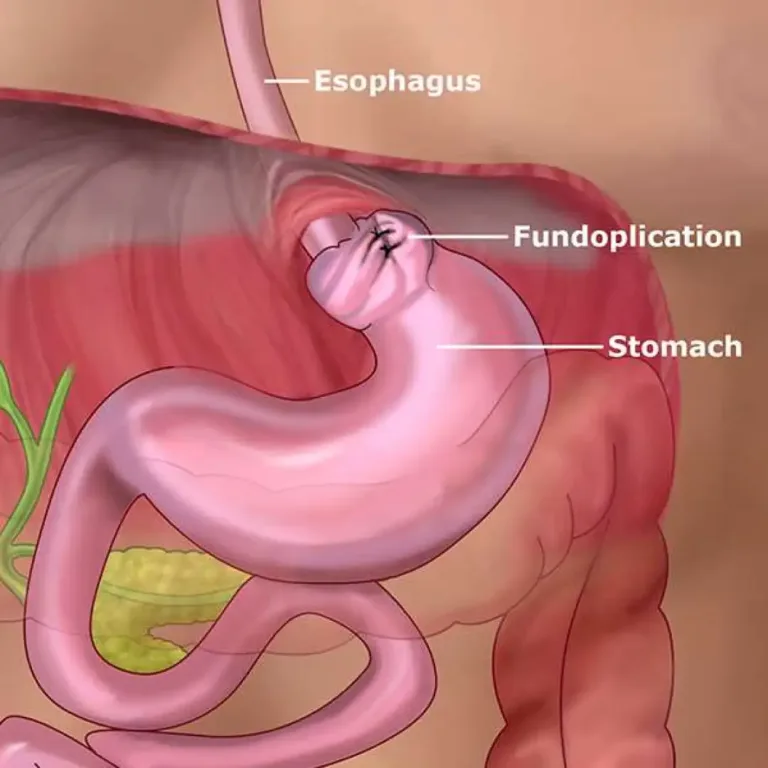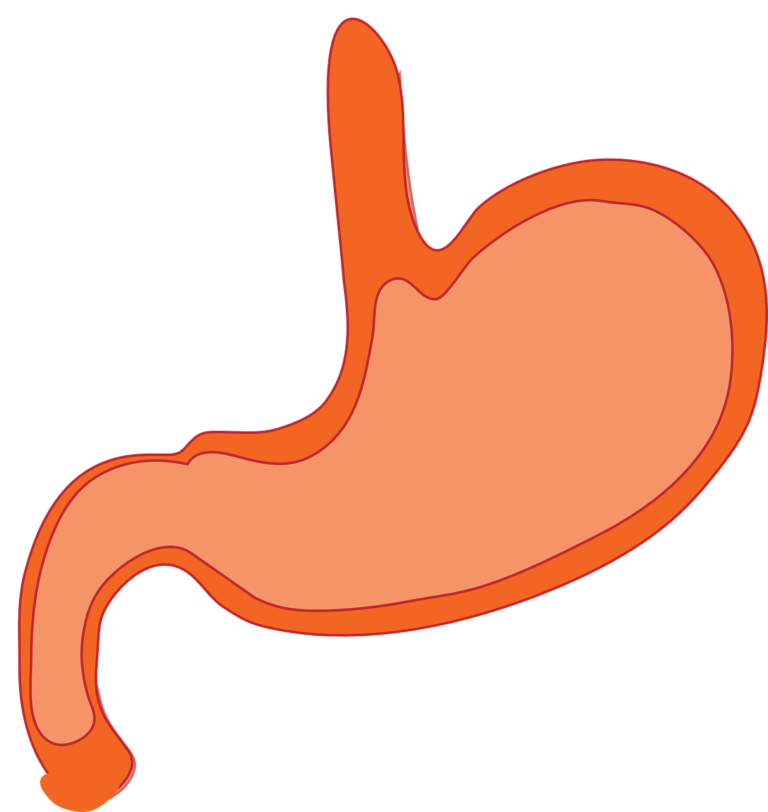Q: What is SIBO?
A: SIBO stands for small intestinal bacterial overgrowth, which is a condition characterized by an abnormal increase in the number of bacteria in the small intestine.
Q: What are the symptoms of SIBO?
A: Symptoms of SIBO may include bloating, abdominal pain or discomfort, diarrhoea, constipation, nausea, and malabsorption of nutrients.
Q: What are the treatment options for SIBO?
A: Treatment for SIBO typically involves a combination of antibiotics and dietary modifications, such as following a low FODMAP diet, to reduce the number of bacteria in the small intestine.
Q: What is the SIBO diet?
A: The SIBO diet is a dietary protocol that aims to reduce the intake of fermentable carbohydrates, such as lactose, fructose, and certain types of fibre, to help alleviate symptoms of SIBO.
Q: How is SIBO diagnosed?
A: SIBO can be diagnosed through a breath test, which measures the amount of hydrogen and methane gas produced by bacteria in the small intestine after consuming a specific sugar solution.
Q: What are the causes of SIBO?
A: SIBO can be caused by various factors, including a weakened immune system, decreased motility of the digestive tract, and certain medical conditions such as celiac disease or inflammatory bowel disease.
Q: Can SIBO be treated naturally?
A: Some natural treatments for SIBO may include herbal supplements such as oregano oil or berberine, probiotics, and digestive enzymes. However, it’s important to consult a healthcare professional before starting new treatments.
Q: Can probiotics help with SIBO?
A: While probiotics may benefit digestive health, their use in SIBO treatment is still controversial. Some probiotics may worsen SIBO symptoms, while others may help reduce the growth of bacteria in the small intestine.





